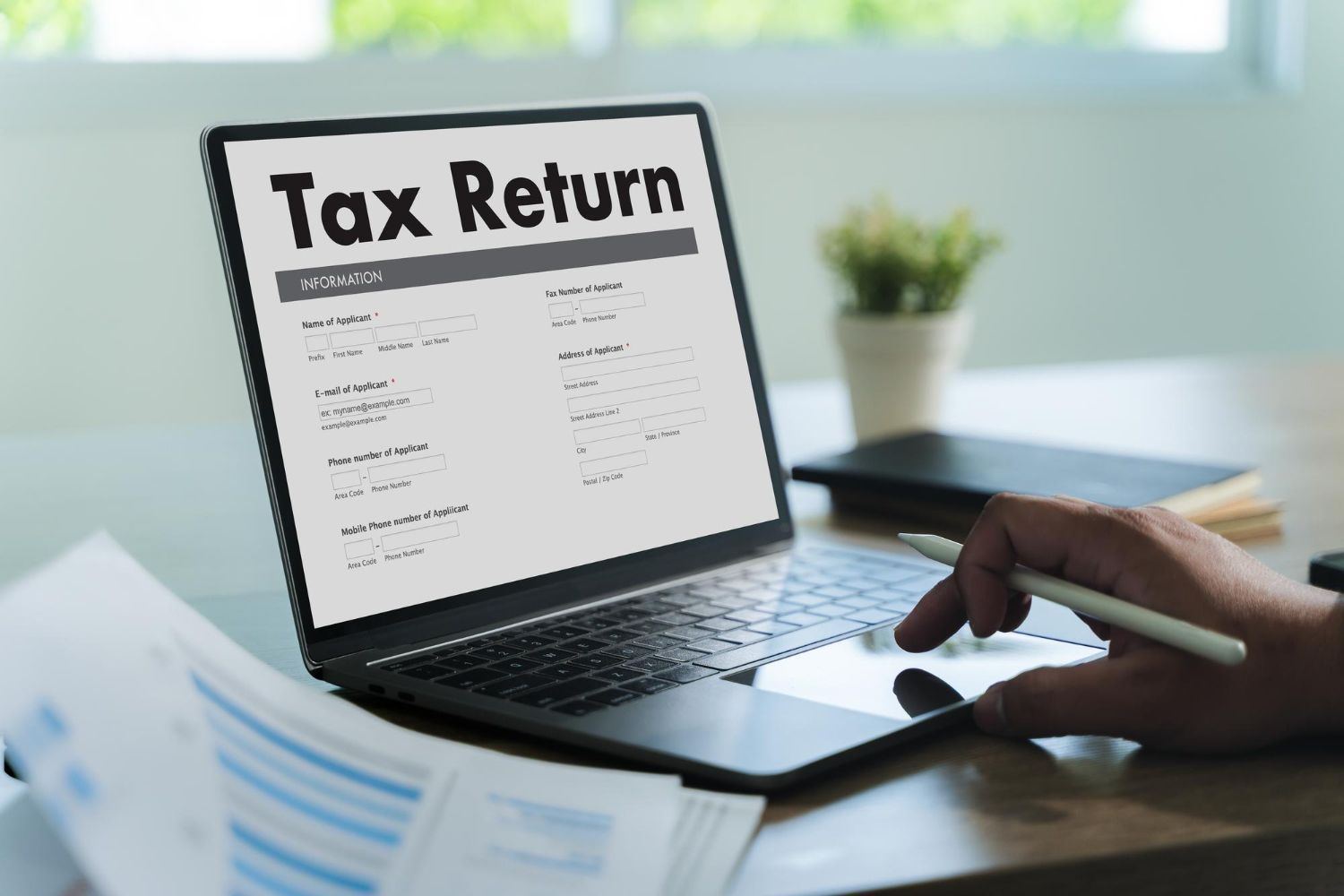Introduction
Small businesses often face unique challenges when it comes to managing their finances. Proper accounting practices are crucial for small businesses to maintain financial health and make informed decisions. However, there are several common accounting mistakes that small business owners should avoid. This comprehensive guide highlights these accounting mistakes and provides tips on how to prevent them.
1. Mixing Personal and Business Finances
One of the most common accounting mistakes made by small business owners is mixing personal and business finances. This can lead to inaccurate financial records and make it difficult to track business expenses. To avoid these accounting mistakes, open a separate bank account for your business and use it exclusively for business transactions. This will help you keep personal and business finances separate and make it easier to track business expenses.
2. Failing to Keep Accurate Records
Accurate record-keeping is essential for small businesses to track income and expenses, prepare financial statements, and comply with tax laws. However, many small business owners fail to keep accurate records, which can lead to financial problems down the road. To avoid these accounting mistakes, use accounting software to track income and expenses, and keep receipts and invoices organized.
3. Neglecting to Reconcile Accounts Regularly
Failure to reconcile bank statements and other financial accounts regularly can result in discrepancies in your financial records. Reconciling accounts ensures that your records match those of your bank and can help you identify errors or unauthorized transactions. Make reconciliations a regular part of your accounting process to avoid these accounting mistakes.
Read More: The Role of Technology in Modern Accounting Practices
4. Misclassifying Expenses
Misclassifying expenses can distort your financial statements and make it difficult to track spending accurately. To avoid these accounting mistakes, familiarize yourself with the different expense categories and ensure that expenses are recorded correctly. Consider using accounting software that categorizes expenses automatically to avoid misclassifications.
5. Not Understanding Tax Obligations
Small business owners often struggle to understand their tax obligations, which can lead to underpayment or late payment of taxes. Educate yourself about the tax laws that apply to your business and seek professional advice if needed. Paying taxes on time and accurately can prevent costly penalties and interest charges.
6. Overlooking Employee Payroll Taxes
If you have employees, it’s essential to withhold payroll taxes correctly and remit them to the appropriate tax authorities. Failure to do so can result in penalties and legal issues. Consider using payroll software to automate the calculation and remittance of payroll taxes to avoid these accounting mistakes.
7. Ignoring Financial Statements
Financial statements provide valuable insights into your business’s financial health and performance. Ignoring or failing to review financial statements regularly can prevent you from making informed decisions about your business. Take the time to review your financial statements and seek professional advice if you need help interpreting them.
Conclusion
Avoiding these common accounting mistakes
can help small businesses maintain accurate financial records, comply with tax laws, and make informed financial decisions. By keeping personal and business finances separate, maintaining accurate records, reconciling accounts regularly, classifying expenses correctly, understanding tax obligations, managing payroll taxes, and reviewing financial statements, small business owners can avoid costly accounting errors and ensure the financial health of their business.
FAQs
1. What are the consequences of mixing personal and business finances?
Mixing personal and business finances can lead to inaccurate financial records, which can make it difficult to track business expenses and comply with tax laws. It can also result in personal liability issues if the business is audited or faces legal action.
2. How can small business owners ensure they are keeping accurate records?
Small business owners can keep accurate records by using accounting software to track income and expenses, keeping receipts and invoices organized, and reconciling accounts regularly. It’s also important to seek professional advice from an accountant or bookkeeper if needed.
3. What are some common accounting mistakes of expenses that small business owners should be aware of?
Common misclassifications of expenses include categorizing personal expenses as business expenses, failing to distinguish between different types of expenses (e.g., operating expenses vs. capital expenses), and incorrectly allocating expenses to different categories. Small business owners should familiarize themselves with the different expense categories and ensure that expenses are recorded correctly.
4. How can small business owners avoid overlooking employee payroll taxes?
Small business owners can avoid overlooking employee payroll taxes by using payroll software to automate the calculation and remittance of payroll taxes. It’s also important to stay informed about changes to payroll tax laws and seek professional advice if needed.













